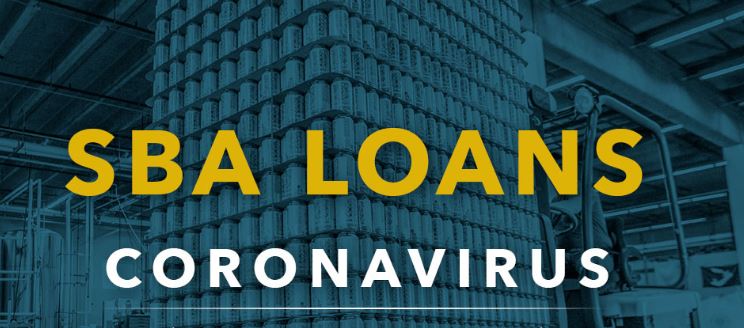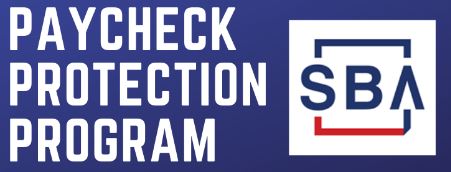SBA Issues Interim Final Rule on Loan Increases
The SBA issued an interim final rule on Wednesday related to possible PPP loan amount increases. Some PPP loans were approved to partnerships, limited liabilities taxed as partnerships, or seasonal employers before the additional guidance was issued and, as a result, those businesses may not have received PPP loans in the maximum amount for which they are eligible.
This interim final rule authorizes all PPP lenders to increase existing PPP loans to partnerships, limited liability companies taxed as partnerships, or seasonal employers to include appropriate amounts to cover partner / member compensation in accordance with the interim final rule posted on April 14, 2020, or to permit the seasonal employer to calculate its maximum loan amount using the alternative criterion posted on April 28, 2020.
PARTNERSHIPS / LIMITED LIABILITY COMPANIES
If a partnership / LLC received a PPP loan that only included amounts necessary for payroll costs of the partnership’s / LLC’s employees and other eligible operating expenses, but did not include any amount for partner / member compensation*, the lender may electronically submit a request through SBA’s E-Tran Servicing site to increase the PPP loan amount to include appropriate partner / member compensation.
* As set forth in the interim final rule posted on April 14, 2020, a partner in a partnership may not submit a separate PPP loan application as a self-employed individual. Instead, the self-employment income of general active partners may be reported as a payroll cost, up to $100,000 annualized, on a PPP loan application filed by or on behalf of the partnership.
SEASONAL EMPLOYERS
If a seasonal employer received a PPP loan before the alternative criterion for such employers was posted on April 28, 2020, and would be eligible for a higher maximum loan amount under the alternative criterion, the lender may electronically submit a request through SBA’s E-Tran Servicing site to increase the PPP loan amount.



 The SBA and U.S. Department of the Treasury published an
The SBA and U.S. Department of the Treasury published an 
 The SBA and U.S. Department of the Treasury published
The SBA and U.S. Department of the Treasury published 
